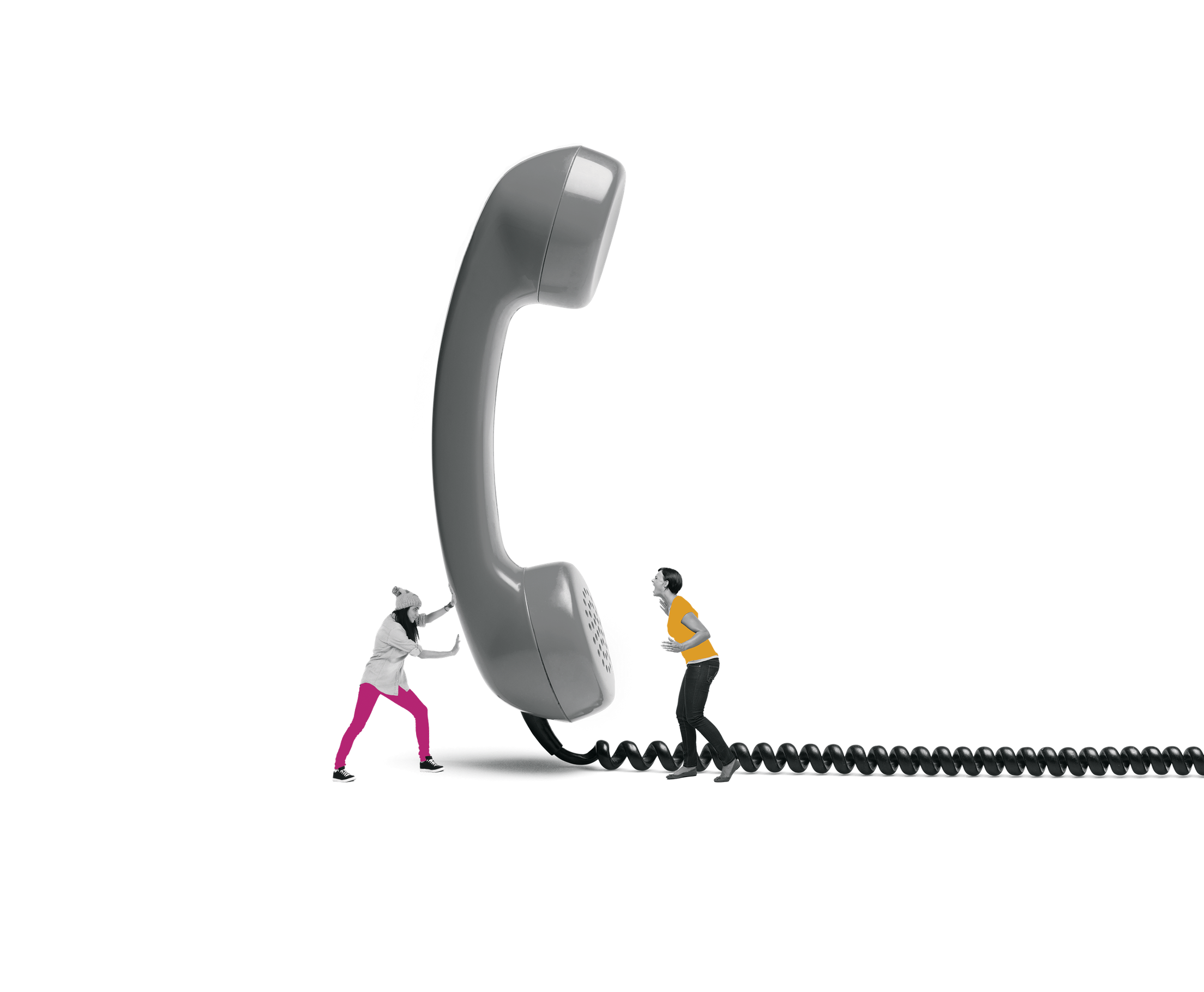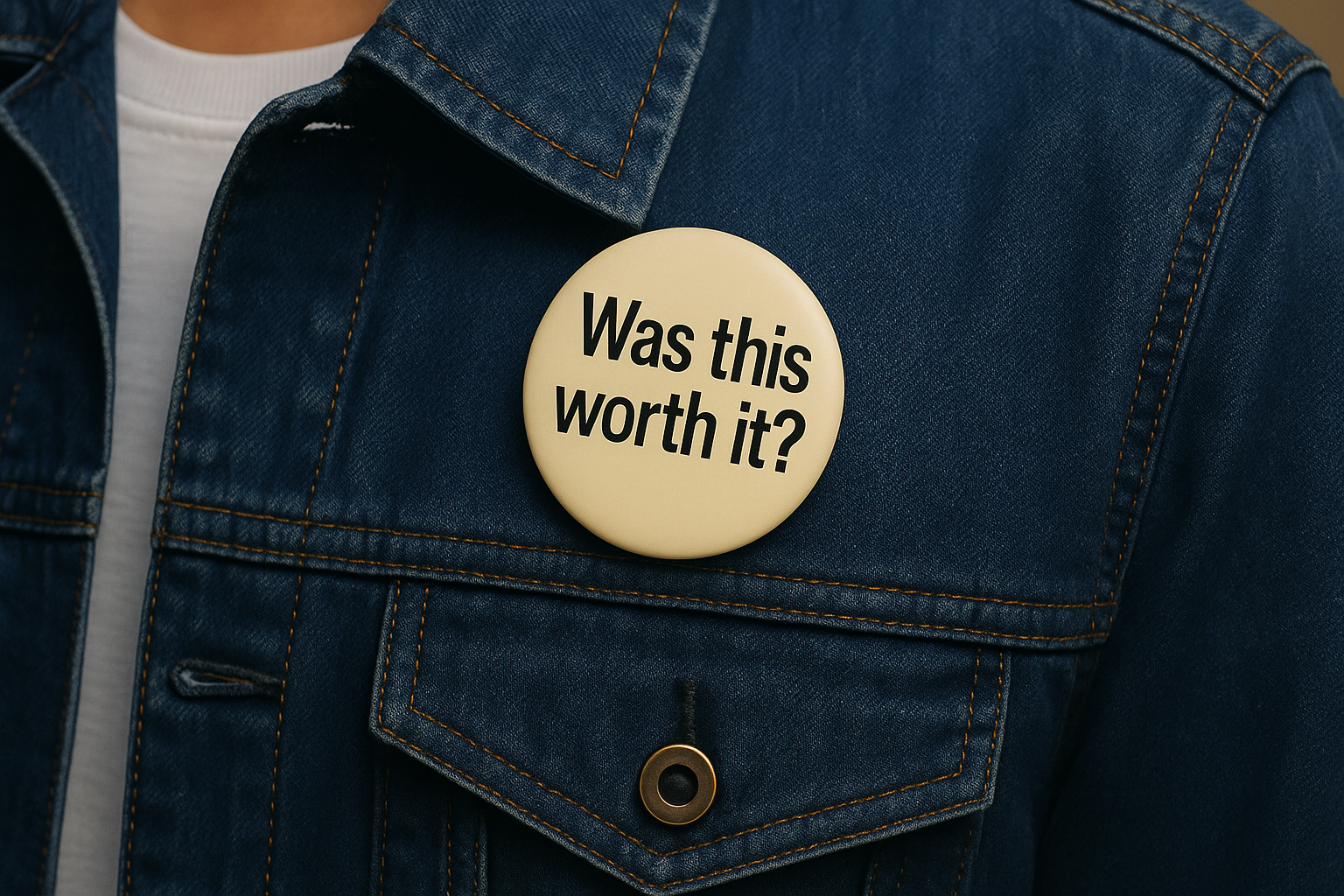TOP 5 TIPS For Communicating Your Sustainable Business Practices
NO NEED TO WHISPER
There are countless businesses at the forefront of sustainability. They pioneer unique and ingenious solutions to solve some of the world’s greatest challenges. Yet, many of us have never heard about their innovative practices. There’s good reason for it. Some organisations worry that consumers or business partners will assume that a focus on ethical business practices must either lead to higher prices or less effective products. The assumptions have been debunked time and again. But that doesn’t make it easier to change people’s minds

Other companies may be concerned that emphasising their ESG strengths will draw attention to parts of their operations that aren’t as sustainable yet. Possible accusations of greenwashing are an intimidating prospect, that’s for sure.
Still, robust ESG strategies are good for people and the environment. We hope you’re now persuaded that sustainability is also good for business. So, there’s no real reason why you shouldn’t be able to communicate about the good that you do.
Luckily, there are sensible, flexible approaches to help you talk loudly and proudly about sustainability without risking your reputation.
1. Put People First
For the past 50 years (or more like 500 years), the profit motive has informed the decisions of corporate officers, shareholders and board members. The unintentional result is that nearly 100 people in the UK are now billionaires, while millions of working families live in poverty.
A simple recognition is dawning on the world. The idea that our policies and actions should be tuned to greed rather than human need is at odds with a fair and sustainable future. Luckily, there are great examples of how human wellbeing can become the real driver of business success.
Example: The Seattle-based credit card processing company Gravity Payments pays all its employees a $70,000 minimum wage. The result? Positive headlines, national front covers, happy employees and a dramatic increase in productivity.
2. Be Honest
Imperfections are a good thing. They signal transparency, genuine effort and growth. More importantly, flaws make your business more human. Transformation takes time and effort, and we can all relate to that struggle. So, tell the world that you’ve switched your offices to renewable energy. But don’t forget to share not-so-good news. Perhaps removing plastic waste from your factories is harder than expected. Share it. Honesty will only boost your credibility.
Example: Swedish oat milk giant Oatly was criticised for accepting investments from Blackstone Group, a private equity firm linked to deforestation in the Amazon. Oatly says they want to steer Blackstone towards more sustainable investments. If Oatly had mentioned this before entering into the new partnership, then they might have avoided the reputational fallout. The publication Sustainable Brands summed it up: “If Oatly had taken Blackstone’s money, put it on a billboard, and made it known to all of its customers that its next mission was to change the world of ‘big bad investment’ from the inside out, it would’ve remained true to its brand story.”
3. Be Proportionate
Tell it like it is. But be proportionate in your messaging too. What does that mean? You may be shifting to clean energy, transitioning to a closed-loop production system or you’re trying to improve gender equality.
These things can take longer than expected, and that’s okay. But if your foreground messaging and content suggest that you’re already fully sustainable, then people will notice the discrepancy. So, make sure to project an image of yourself that is realistic and proportionate to your current progress.
Example: The global oil and gas industry spends less than 1% of its capital expenditure on low-carbon technologies. Yet, over 90% of their social media messaging suggests that they are leaders of the global renewable energy transition. This has led to a lot of negative exposure.
4. It’s On Us
“Don’t tell me what to do” is the title of a recent research paper. It shows that asking people to change their behaviour to address the climate crisis doesn’t work. It puts people off.
This is true for other ESG matters too, whether that’s reducing packaging waste or battling illegal child labour. People instinctively understand that businesses have much more power to change the world than individual consumers do.
That’s why it’s best to tell your customers first about what you do as a business to make the world a better place. Any messaging about individual actions will sound a lot better in that context.
Example: In 2011, Patagonia took out a full-page ad in The New York Times. Explaining that “the environmental cost of everything we do is astonishing”, they asked viewers not to buy their jackets. Still, this so-called ‘demarketing’ stunt was acceptable. After all, as one of the most outspoken and active companies in the world, Patagonia walks the walk. A good example is how Patagonia commits 1% of its sales to environmental groups.
5. Make It Stick
“Woo-hoo! We’ve reduced our Scope 1+2 CO2 emissions by 23% compared to a 2005 baseline.” That’s great news. Except announcements like this can be notoriously hard to understand for non-experts.
As the Heath Brothers spelt out in their book ‘Made To Stick’, it’s a matter of S-U-C-C-E-S: Simplicity, Unexpectedness, Concreteness, Credibility, Emotion and Story. Build these features into your messaging, and you’re bound to succeed.
Example: Scotland’s national water provider, Scottish Water, increased public trust to record levels (91%) with significant uplifts in recognition of their role in protecting the environment (87%) by running a highly successful initiative to reduce single-use plastics in society. Surprisingly, the simple ‘top up from the tap’ campaign never mentioned ‘plastic’ or ‘bottled water’.
Written by Pete Martin, Founder of Always Be Content
If you want to learn more about how to communicate your sustainable business practices, contact us here.
This is just one area of expertise we have in our Full Service Marketing Agency offering, see more of our services here.

A Practical Guide for Luxury Marketing in 2026: Tradition, Tech & the TikTok Generation
Luxury marketing in 2026 is being pulled in two directions at once. On one side: heritage, craftsmanship, scarcity, discretion. On […]
Read more.
What’s So Great About Being a Certified B Corp?
After spending two years in ‘pending’ status in 2023, Growth Animals finally became a certified B Corp. When the confirmation […]
Read more.
